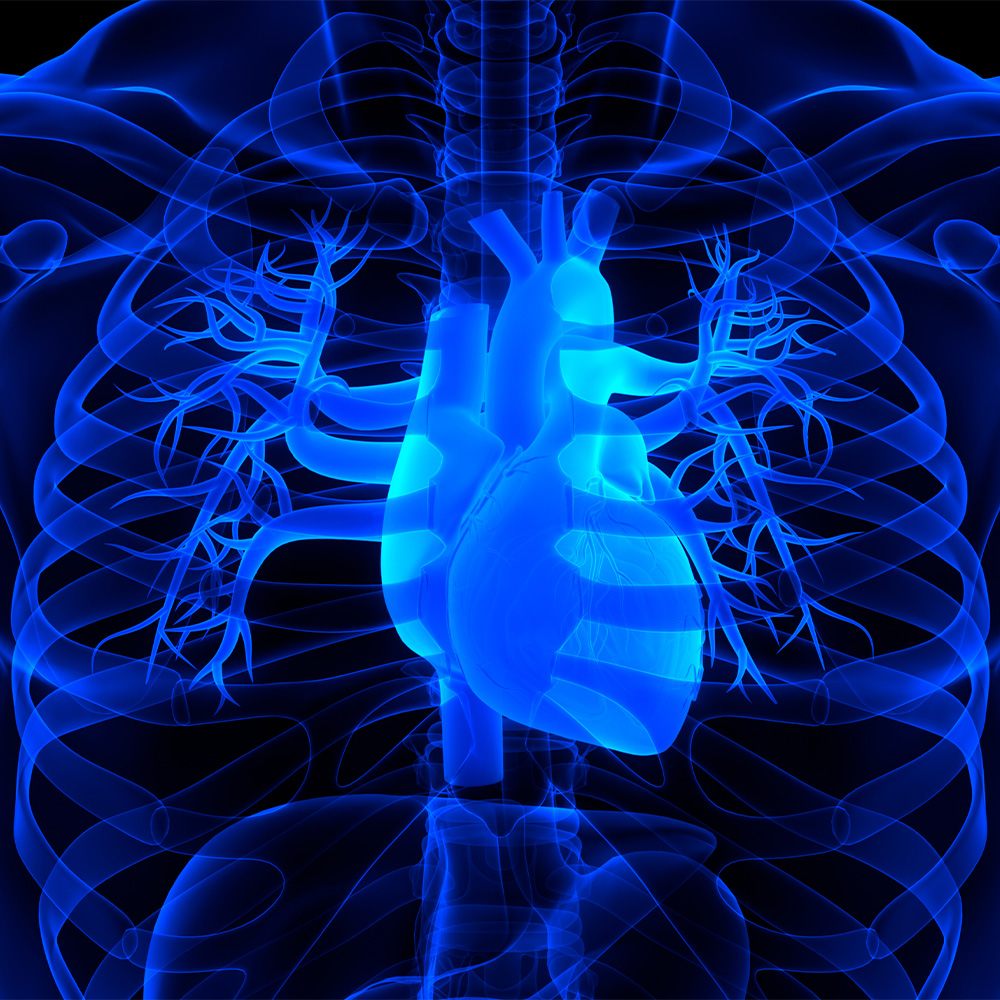Search
Army veteran, UTSW surgeon helps fellow vets deal with sensitive combat wounds: Newsroom - UT Southwestern, Dallas, Texas
https://www.utsouthwestern.edu/newsroom/articles/year-2022/november-tough-sensitive-combat-wounds.html

Combat wounds to a soldier’s genital area are not as well understood as those to other parts of the body because of the intimate nature of the injuries.
College students help aging patients who are hospitalized: Newsroom - UT Southwestern, Dallas, Texas
https://www.utsouthwestern.edu/newsroom/articles/year-2023/july-college-students-help-aging-patients.html

The UT Southwestern medical student met with patients as part of the Hospital Elder Life Program (HELP), a joint effort between UTSW and the Hobson Wildenthal Honors College at the University of Texas at Dallas that sends student volunteers to help geriatric patients retain their cognitive skills
Former UTSW Otolaryngology Chair recognized for pioneering cochlear implant contributions: Newsroom - UT Southwestern, Dallas, Texas
https://www.utsouthwestern.edu/newsroom/articles/year-2023/june-pioneering-cochlear-implant-contributions.html

Peter Roland, M.D., Professor Emeritus of Otolaryngology-Head and Neck Surgery at UT Southwestern Medical Center, has been honored by the American Cochlear Implant Alliance with its 2023 Lifetime Achievement Award for his groundbreaking work in advancing the use and benefits of cochlear implants (CI
Public-private consortium will fund three gene therapy clinical trials at UT Southwestern and Children’s Health: Newsroom - UT Southwestern, Dallas, Texas
https://www.utsouthwestern.edu/newsroom/articles/year-2023/june-gene-therapy-clinical-trials.html

A consortium of government, industry, and nonprofit partners will fund gene therapy clinical trials for three different rare diseases at UT Southwestern Medical Center and Children’s Health, where scientists are working on gene therapies to treat neurodevelopmental disorders in children.
UTSW, Clements University Hospital named Antimicrobial Stewardship Center of Excellence: Newsroom - UT Southwestern, Dallas, Texas
https://www.utsouthwestern.edu/newsroom/articles/year-2023/june-antimicrobial-stewardship-center-of-excellence.html

UT Southwestern Medical Center and its William P. Clements Jr. University Hospital have been named an Antimicrobial Stewardship Center of Excellence by the Infectious Diseases Society of America (IDSA), recognizing a commitment to reducing infections caused by antimicrobial resistance.
NIH funding to propel UT Southwestern research into human heart regeneration: Newsroom - UT Southwestern, Dallas, Texas
https://www.utsouthwestern.edu/newsroom/articles/year-2023/june-nih-funding-human-heart-regeneration.html

Ongoing research at UT Southwestern Medical Center exploring the ability of human heart cells to regenerate after a heart attack or other cardiovascular event will be accelerated by a new award from the National Institutes of Health.
UTSW study uncovers mechanisms of protein misfolding linked to neurodegenerative diseases: Newsroom - UT Southwestern, Dallas, Texas
https://www.utsouthwestern.edu/newsroom/articles/year-2023/march-protein-misfolding-linked-to-neurodegenerative-diseases.html

A team at UT Southwestern has developed a computational approach to uncover mechanisms of protein misfolding linked to neurodegenerative diseases. The study, published in Nature Communications, offers key insights that could help identify new treatments for patients.
Patients with family history of age-related macular degeneration should be screened by 55: Newsroom - UT Southwestern, Dallas, Texas
https://www.utsouthwestern.edu/newsroom/articles/year-2023/march-age-related-macular-degeneration.html

Patients with a family history of age-related macular degeneration (AMD), the leading cause of permanent vision loss in those older than 60, should visit an ophthalmologist by age 55 to be screened for signs of the disease, advises an expert at UT Southwestern Medical Center.
Selfies may drive plastic surgery by distorting facial features: Newsroom - UT Southwestern, Dallas, Texas
https://www.utsouthwestern.edu/newsroom/articles/year-2022/selfies-may-drive-plastic-surgery.html

Cellphone “selfies” distort facial features, an effect that may be driving an uptick in requests for plastic surgery, UT Southwestern researchers show in a new study.
The perfect match: UTSW students open envelopes to residency futures : Newsroom - UT Southwestern, Dallas, Texas
https://www.utsouthwestern.edu/newsroom/articles/year-2025/march-match-day.html

Members of UT Southwestern Medical School’s Class of 2025 gathered with anticipation inside the Bryan Williams, M.D., Student Center gymnasium Friday morning to learn where they will begin the next phase of their training as residents.
